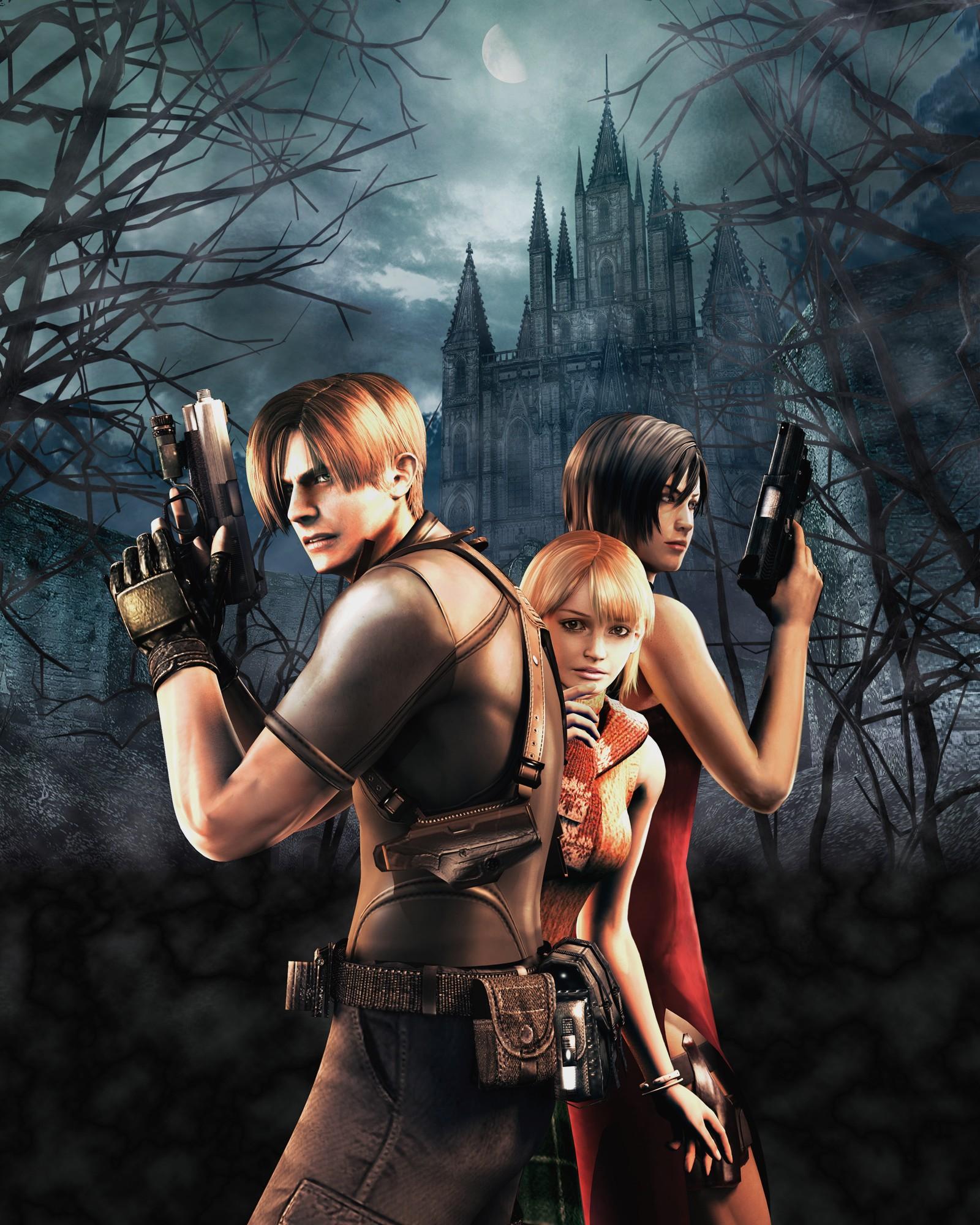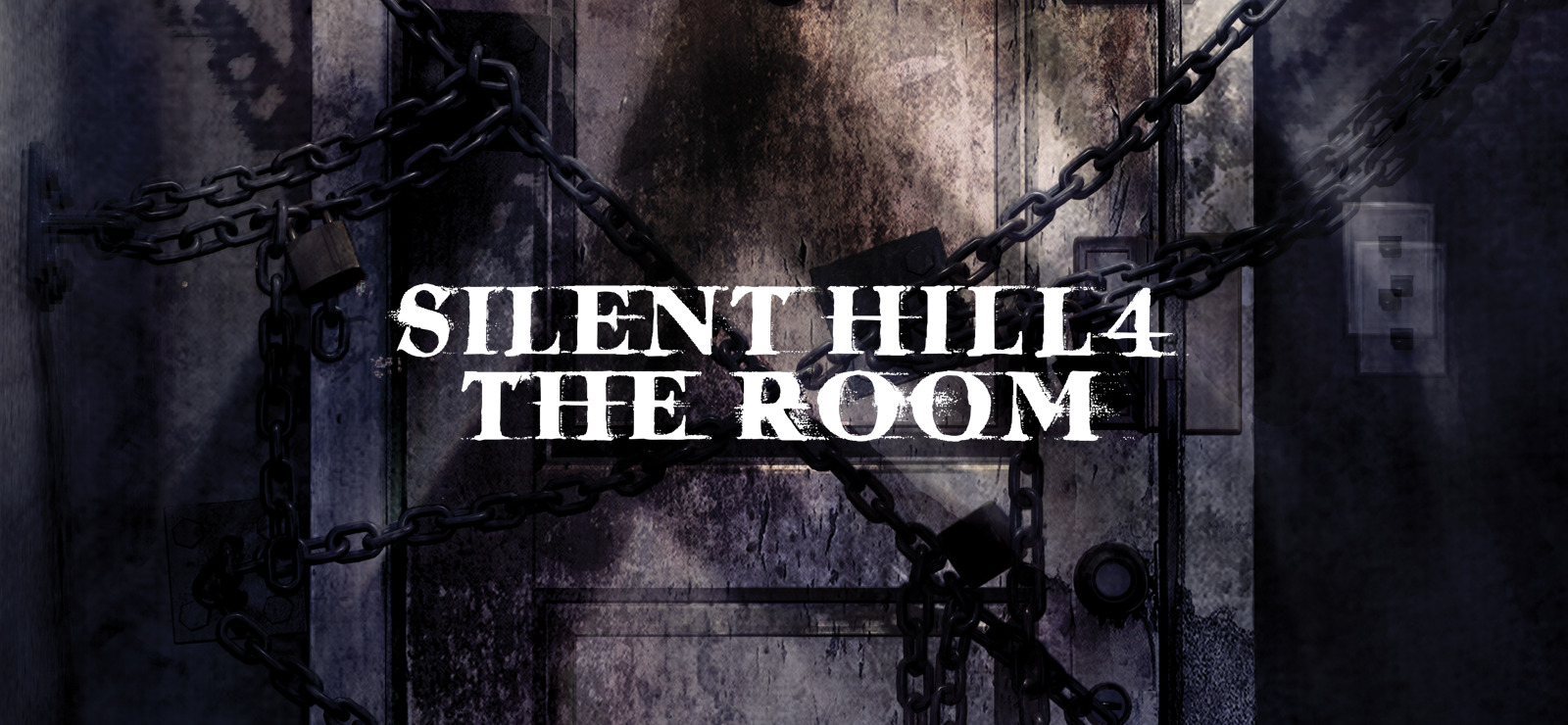LONG BLOG
The Number 4 And How Fourth-Numbered Sequels Are Important
Ever since I can remember this number has had a special meaning to me, either because one is often asked to have answers for common questions like: "What's your favorite [insert something specific here]?". And to that end, I started looking for those answers. The time I took to actually came across some of these was long and still to this day, I keep on figuring out precise information or a long-lasting one, at least. Why do I say this? Because sometimes it takes companies many games to find out the formula that will define their games. Let me expand on this with examples.
"I am a revolutionary" (Judas and The Black Messiah) referring to Final Fantasy IV.

A game that is best left untouched with only remakes or remasters here and there that don't try to reimagine it, Final Fantasy IV was and can still be a brand new world for players who want to try the series by playing throughout the games in order. You know, like it was back then. The plethora of new additions to the already successful but somewhat still under development formula started to get replicated throughout the years, even with some of the later installments, like Final Fantasy VI to X. A love story that actually moves the story forward rather than being there just because. Memorable villains. A cohesive plot with clever twists and turns, and characters with strong personalities that have a long-lasting effect even if their presence isn't actually long.
It took the series:
A game that was supposed to be its last (which goes to show they put a lot of love into it no matter what and people wanted more).
A sequel that deviates from the, by the time, established RPG leveling system and yet managed to keep fans playing it.
A third entry set to be a return to form with a huge twist regarding playable classes for the characters that proved once again the series had a lot to offer, and it only needed to keep on trying to put together something extraordinary for the ages.
"If this game is ported, I quit" (Shinji Mikami on not porting RE4 to other systems) referring to Resident Evil 4.

Creative differences? Long development struggles or a desire to keep your game feeling and looking exactly for the console it was originally designed for? The answer is the latter, as Resident Evil 4 acts exactly as Resident Evil (also directed by Mikami) did in 1996: to bring something new to the survival horror genre. And this is no joke, even 18 years later, and a remake released, the impact of this entry still flows through our veins, and not only in survival horror so kudos, Shinji.
What happened is a great example of how trying something new and unexpected can lead to greatness if enough love is put into it. Reinvent the series, and gaming in general because why not? Genius.
It took the series:
A groundbreaking survival horror game that wanted to improve upon what a previous franchise has been doing (Alone in the Dark) and succeeded excellently.
A sequel that broke all records in almost all regards, easily becoming the favorite among fans and even being an entry point for newcomers.
A third entry that was supposed to be a spin-off and that still had that addictive old Resident Evil formula.
A non-numbered yet canon game that was the entry point to 3D, showcasing the powerhouse Capcom could make the consoles display.
Many shooters and whatnot. A glorious remake and a prequel that looked and felt similar. So the series was doing just fine but what goes through the mind of creative people is amazing, and when that is poured into said creative person's work, the end result has a lot of promise, which Resident Evil 4 did.
"We are developing a spin-off title alongside the series' third entry, and we were told to make it numbered so, this is Silent Hill 4 The Room"

The level of fascination few people have toward this game sure is weird, as the majority agrees that it was this one the last good Silent Hill game from Team Silent before going with a more action-oriented formula and also, placing their locations not entirely inside of the titular town but close or with some kind of relation. Perhaps the fact that this was to be a completely different game on its own but was forced to be canonical is what killed the good streak the series had been having thus far, but it established something that was kept for Homecoming, Downpour, and even Book of Memories, of all games.
What was that? Action, a nemesis-like enemy, and various new locales. I, for one like 4, Homecoming and Book of Memories. I'm not counting Shattered Memories as being a reimagining it was a completely different case, but Downpour sadly took all of the ideas that were a hit-and-miss and threw them all out. Still, Silent Hill 4, for better or for worse, gave the series a way to keep on going strong despite the obvious competition that Resident Evil and the brand new one that was Fatal Frame, but the changing of developers for each new game couldn't do the series justice.
It took the series:
A haunting and scary game that used the limitations of the PlayStation One to create an unrivaled sense of dread and fear.
A sequel that resonates to this day due to how innovative it was, and that is finally getting a remake.
A third entry that broke series conventions as being a direct sequel to the first one, but that showed how the series was still doing just fine, but the developers wanted to try something new, apart from the main entries.
A brand new PlayStation 2 game in 2008? Yeah, that's Atlus, they keep on supporting Sony platforms for years to come. This is what I learned back in 2008 with Persona 4 and again in 2017 with Persona 5 being released for both the PS4 and the PS3.

This case is perhaps the most recent one in this list as Persona 4 not only took advantage of what Persona 3 did which was to make the Shin Megami Tensei brand to have a bigger impact here in the west but also to bring a change to what was, by the time, the Moon system in nearly every SMT game. The new weather system, also present in Persona 5, added a new perspective to the gameplay and again, using the limitations of the PS2, the end result felt and still does to have been taken care of to the last detail. Sure, the enhanced version for the Vita and all of the other later consoles added some needed visual and quality of life improvements, but the weather system? Left intact. The same thing happened with the ability to both control your party members or assign actions for them (let's remember that in Persona 1 and 2 you could control them, but in 3 you could only give orders) so 4 brings the best of both worlds. Another change? The villain-themed dungeons, that not only were different from one another but that added puzzle elements to them making the navigation feel fresh on every occasion.
Persona 3 brought the series to a wider audience but Persona 4 did wonders to both its series and the brand it used to belong to in order to make Atlus what it is today: a famous Japanese video game company well known all across the globe that used to be famous only in its country.
It took the series:
A sleeper hit that quickly became a cult classic due to how grim it could be for some, but that as far as traditional old-school RPG goes, nailed it.
A duology sequel that first part remained in Japan for some cultural reasons (until 2011), but that second part we did get and also being perfectly playable as it retold the previous events.
A magnificent third entry that introduced perhaps the weirdest of combinations on paper: A Role Playing Game with Dating Sim elements, and a Visual Novel-like style for some of the storytelling. And guess what? It was the best RPG of 2007 for some video game critics.
Having said all that, and as I continue to play new games series that due to one reason or another I hadn't been able to do so in the past, I'm eager to play those fourth entries from here on out. Guess the third time is not always the charm, huh?
Thanks for Reading.
- As expected, video games made this possible.
LOOK WHO CAME:
0 COMMENTS
Please login (or) make a quick account (free)
to view and post comments.
Login with Twitter
Login with Dtoid
Three day old threads are only visible to verified humans - this helps our small community management team stay on top of spam
Sorry for the extra step!
About Exberone of us since 7:47 PM on 04.07.2020
I'm Exber, not related to my name by any means. I'm from Venezuela and I'm an English Teacher.
I have been playing video games since I was 4 years old. Goldeneye 007 for the Nintendo 64 are among my first gaming memories.
Console gamer for the love of everything retro. I play on PS1, PS2, PS3, PSP, PS Vita, Nintendo 64, GameCube, Wii, 3DS, DS, GBA, and Xbox 360.
Resident Evil and Persona share the spot as my favorite gaming series. Following this, here are my favorite games per year along with the runner ups:
2006: The Legend of Zelda Ocarina of Time
2007: Resident Evil 2
2008: Persona 4
Runner Up: Resident Evil 4
2010: Metal Gear Solid 3 Snake Eater
Runner Up: Final Fantasy XII
2011: Radiant Historia
Runner Up: Okami
2012: Klonoa Door to Phantomile
Runner Up: Tomb Raider Anniversary
2013: Fatal Frame 3 The Tormented
Runner Up: Silent Hill 4
2014: Onimusha Dawn of Dreams
Runner Up: Resident Evil Zero
2015: The Legend of Zelda Skyward Sword
Runner Up: Final Fantasy IV
2016: Final Fantasy IX
Runner Up: A Link Between Worlds
2017: Persona 5
Runner Up: Brothers A Tale of Two Sons
2018: Skies of Arcadia Legends
Runner Up: Zelda Spirit Tracks
2019: Persona Q2 New Cinema Labyrinth
Runner Up: Ghost Trick
2020: Metal Gear Solid Peace Walker
Runner Up: Dissidia 012 Final Fantasy
2021: Pandora's Tower
Runner Up: Xenoblade Chronicles
2022: Super Paper Mario
Runner Up: Child of Light
I try to learn the most I can with every video game, thus my Retro GOTY winners won a place in me. Best examples are Persona 4 (2008) and Final Fantasy IX (2016)
GameSpot and GameInformer were the sites that granted me the opportunity to blog prior to coming here. Good times.
I'm currently 28 years old. Come May 10th and I'll level up.
Favorite color: green.
Favorite number: 4.
Favorite video game genre: Survival Horror. RPGs come second.
Favorite movie: 13 going on 30.
Favorite game of all time: Persona 4.
And, that's about it for now.



